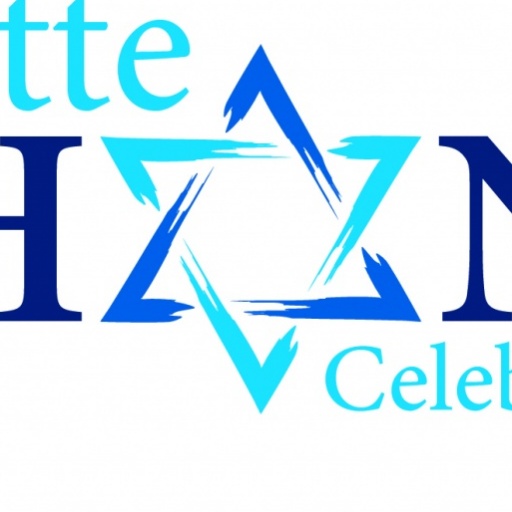By Asaf Elia-Shalev
(JTA) — Organizations and individuals around the world have donated at least $1.4 billion toward Israel’s recovery from the attack of Oct. 7, according to a new report published by Israel’s Ministry of Diaspora Affairs.
The donations, coupled with widespread pro-Israel activism in the Diaspora and the arrival in Israel of tens of thousands of volunteers, represent “an unprecedented effort by Jewish communities around the world to support Israel,” the ministry said in the report. (When accounting for inflation, the total donated is more than what American Jews gave to Israel in response to the Six-Day War in 1967 but less than they gave six years later in the Yom Kippur War.)
The report represents the most complete published tally of wartime donations so far and includes fundraising by Jewish federations, crowdsourced campaigns, and “Friends Of” charities benefiting the Israel Defense Forces and Magen David Adom, the national emergency service. A previous tally, published by a university in December, put the total at $1 billion.
About half of the sum was raised by the Jewish Federations of North America and its 146 member organization. The committee distributing the money is so flush with donations that it has not had to turn down requests from Israeli charities as long as they meet certain criteria.
At least 350 Israeli nonprofits along with several government agencies have received donations from abroad to help with medical and emergency services, mental health support, aid for victims of terrorism, economic needs, and other areas.
An estimated 58,000 volunteers flew to Israel to volunteer for military service, agricultural work and with organizations supporting Oct. 7 victims and evacuees from the communities surrounding the Gaza Strip.
Separately from the donations, the Israeli government has managed to borrow $1.7 billion through the sale of Israel bonds. About $300 million of the sum came from American state and local governments, especially in Florida. The bonds sold faster than in a typical period, with many investors publicly citing their desire to support Israel. The report said investors were opting for Israel bonds even though returns on the bonds are relatively modest compared to other investments currently available on the market.
The total raised on crowdsourcing platforms reached at least $91.5 million with more than half raised for United Hatzalah, Israel’s volunteer emergency medical corps.
The rate of donations has slowed down significantly over the six months since the Oct. 7 attack, but the money available for Israeli charities has not run out — far from it. About a third, or more, of the $1.4 billion raised, has not yet been allocated as donor organizations set aside funding for long-term needs, according to the report.
All information in the report comes from public sources. Commissioned by the ministry to carry out research for the report, DNAidea, an Israeli consulting company, examined some 800 online sources. The research could not account for additional donations delivered on a private, grassroots basis.


